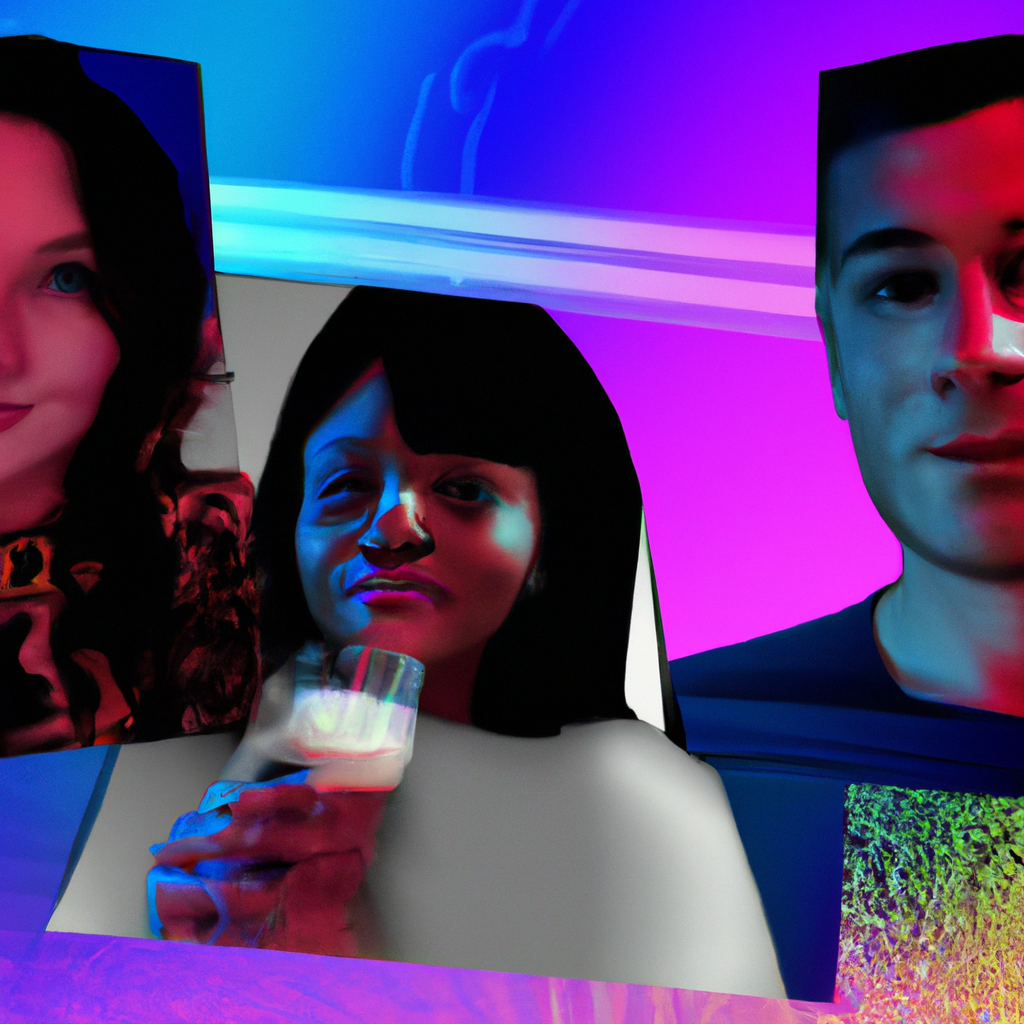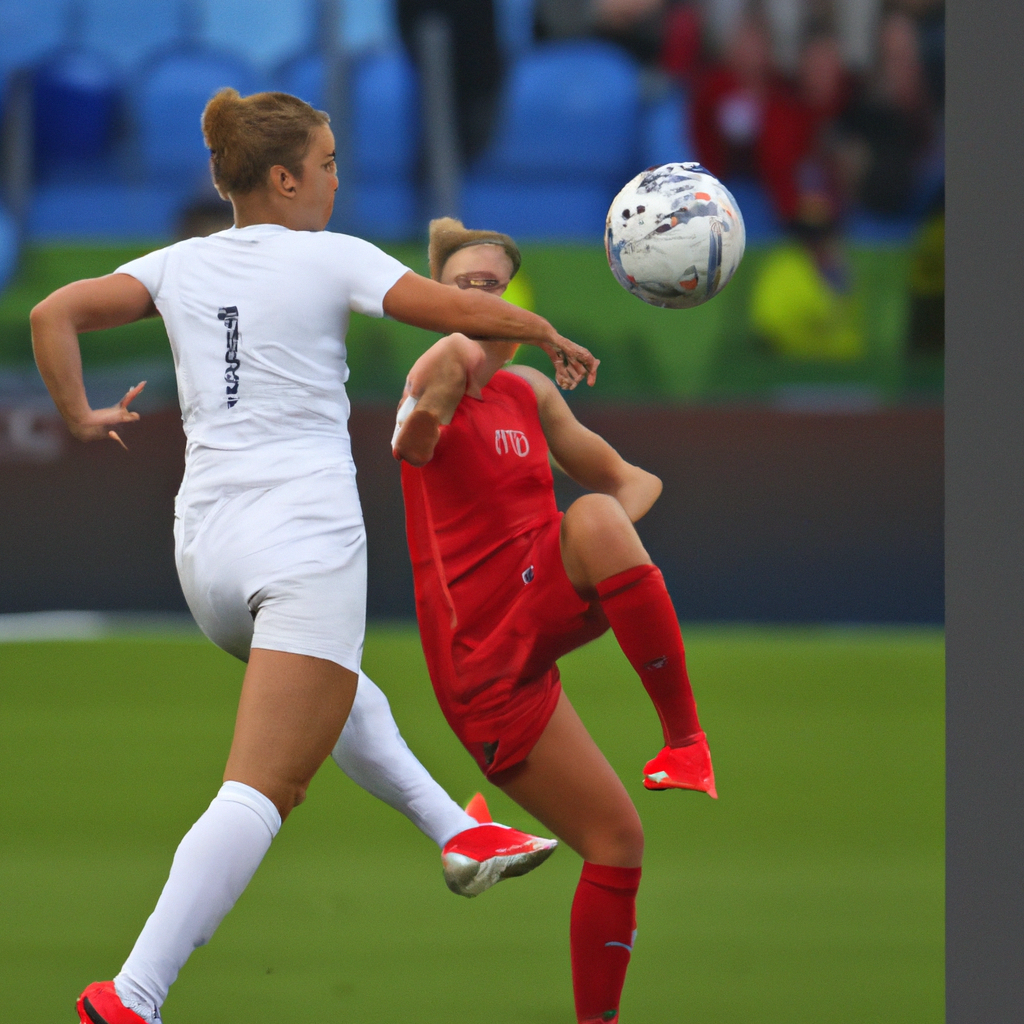Read in your native language
english german italian french spanish mandarin arabic portuguese russian japanese
Accidental Influencers: The New Faces of Political Engagement Among Youth
At 15, Tolu isn’t old enough to vote in this election. But one night from her bedroom in London, she posted a video on TikTok criticizing politicians’ anti-immigration rhetoric. She woke up to find it had reached tens of thousands of people, more than many posts from the major political parties. Miles away in Somerset, with political views on the other side of the spectrum, another 16-year-old, Will, was having a similar experience. He had shared clips of politicians he agrees with, highlighting concerns over knife crime and supporting Brexit, discovering they were racking up hundreds of thousands of views.
“I find it incredibly interesting that most of the time I’m the one who is breaking news to people and not the mainstream media,” Will tells me. Unlike Tolu, who posts her views from a personal account alongside takes on music and fashion, Will has created his own logo and posts exclusively about politics. These are just two of dozens of accidental influencers, with a range of political views, to have emerged this general election across social media sites. Some of their amateur content is getting as much traction as the parties’ own posts - and more than some of their online ads.
Involved Perspectives
- Accidental Influencers: Gain recognition and a platform to share their opinions, but face risks of misinformation, online harassment, and potential manipulation.
- Political Parties: Traditional platforms for political messaging, face competition as their outreach diminishes against dynamic, youth-centric content.
- Youth Audience: Receive diverse viewpoints and information but risk exposure to misleading claims and cyberbullying.
Benefits and Risks
- Benefits:
- Amplification of youth voices in politics.
- Increased political awareness among younger voters.
- Access to diverse political opinions via social media algorithms.
- Risks:
- Spread of misinformation- accidental influencers may share misleading content.
- Cyberbullying and harassment of influencers.
- Pressure to cater to popular opinion rather than personal beliefs.
Visual Representation of Influencer Activity
Relevancy Meter
Historic context indicates a significant generational shift towards social media engagement in politics, marking this trend as highly relevant.
Giving young people a platform can encourage them to voice their opinions and participate in the democratic process. However, the challenges they face as accidental influencers complicate this narrative, revealing a spectrum of engagement woven with risks of misinformation and intolerance.
Ultimately, the actions of Tolu, Will, and others illustrate how social media has become a double-edged sword in political discourse, providing both a megaphone for youth opinions and a landscape fraught with danger.
Keywords:
- Accidental Influencers
- Misinformation
- Youth Engagement
Author: Andrej Dimov
Published on: 2024-07-26 19:52:14



